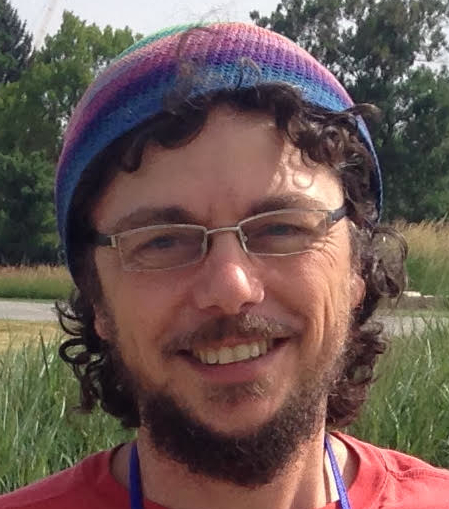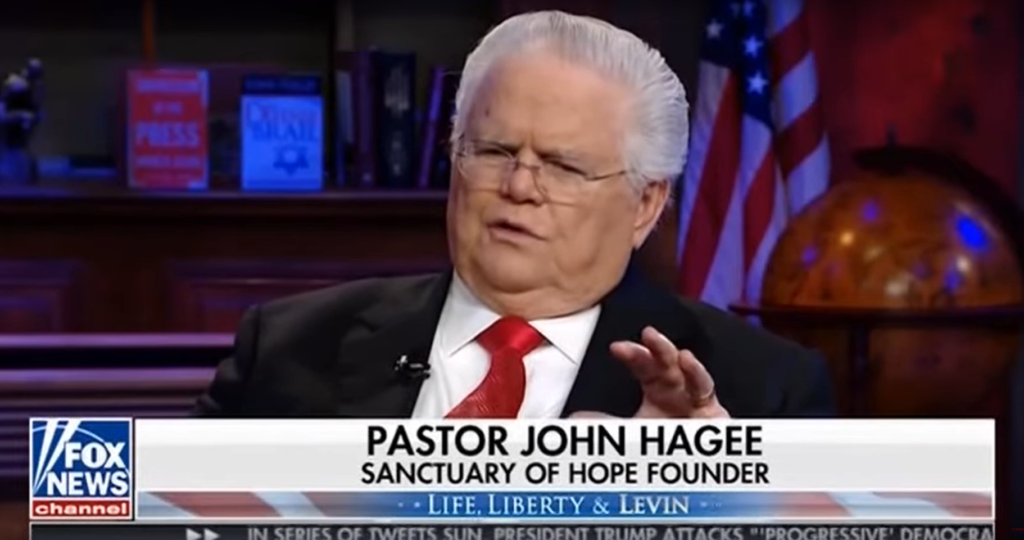
The Land of Strangers
The midrash teaches that the first human/adam was created with soil from the ground / afar min ha’adamah from every direction, meaning from every place, so that no matter where the first human’s progeny wandered, they would still be at home. Wherever a person dies and is buried, their bodies will not be strangers to the soil,...
read more




